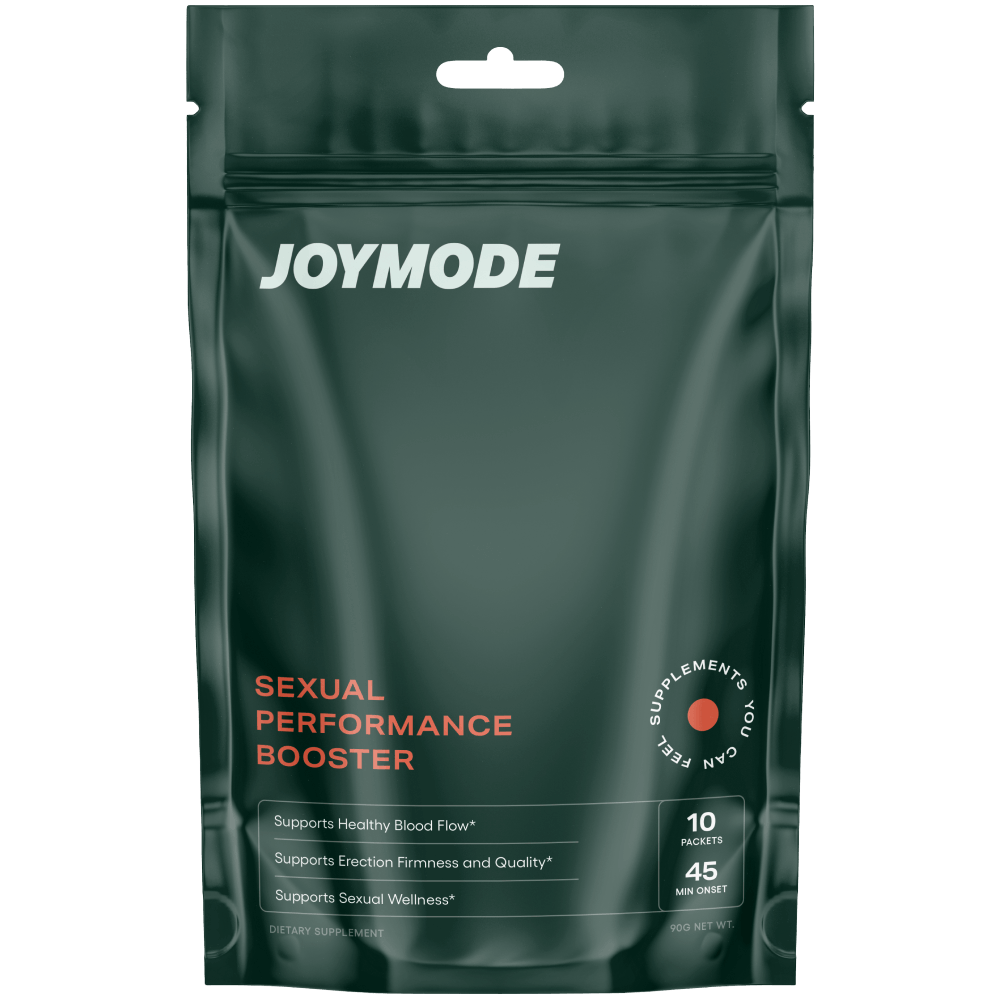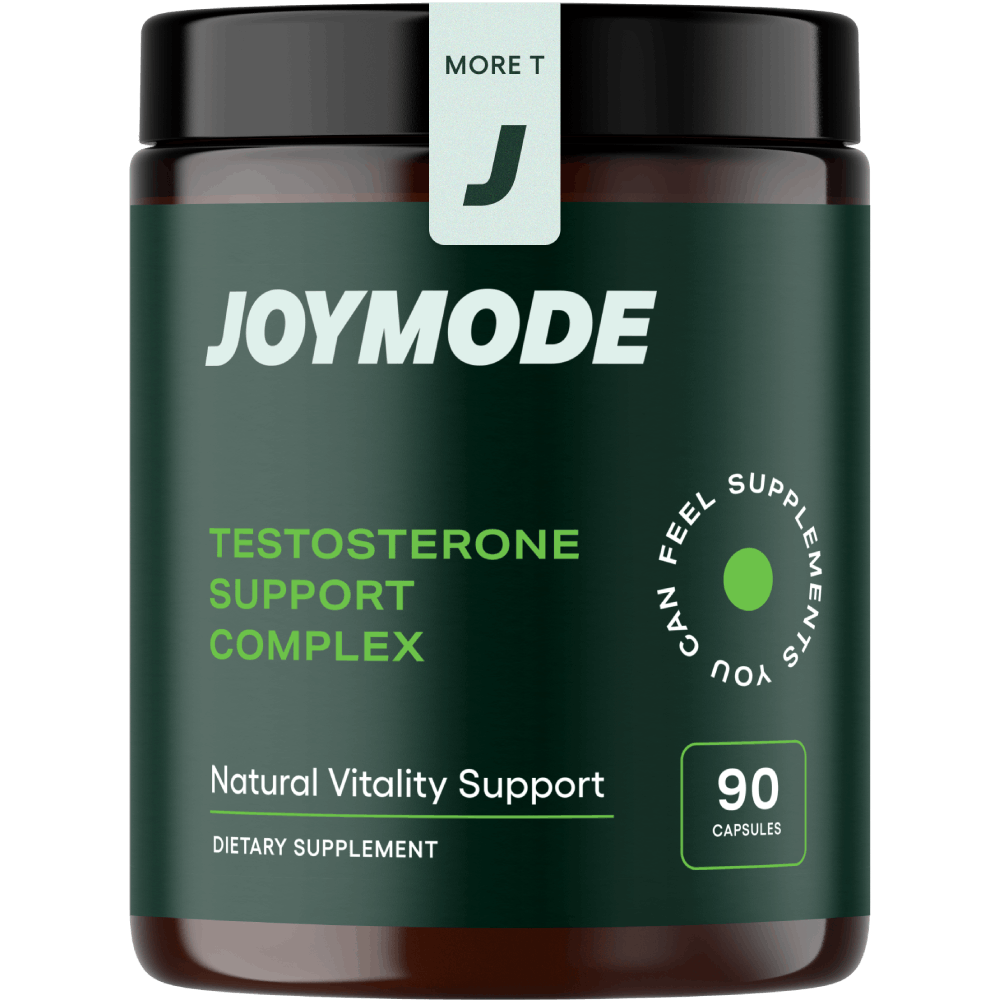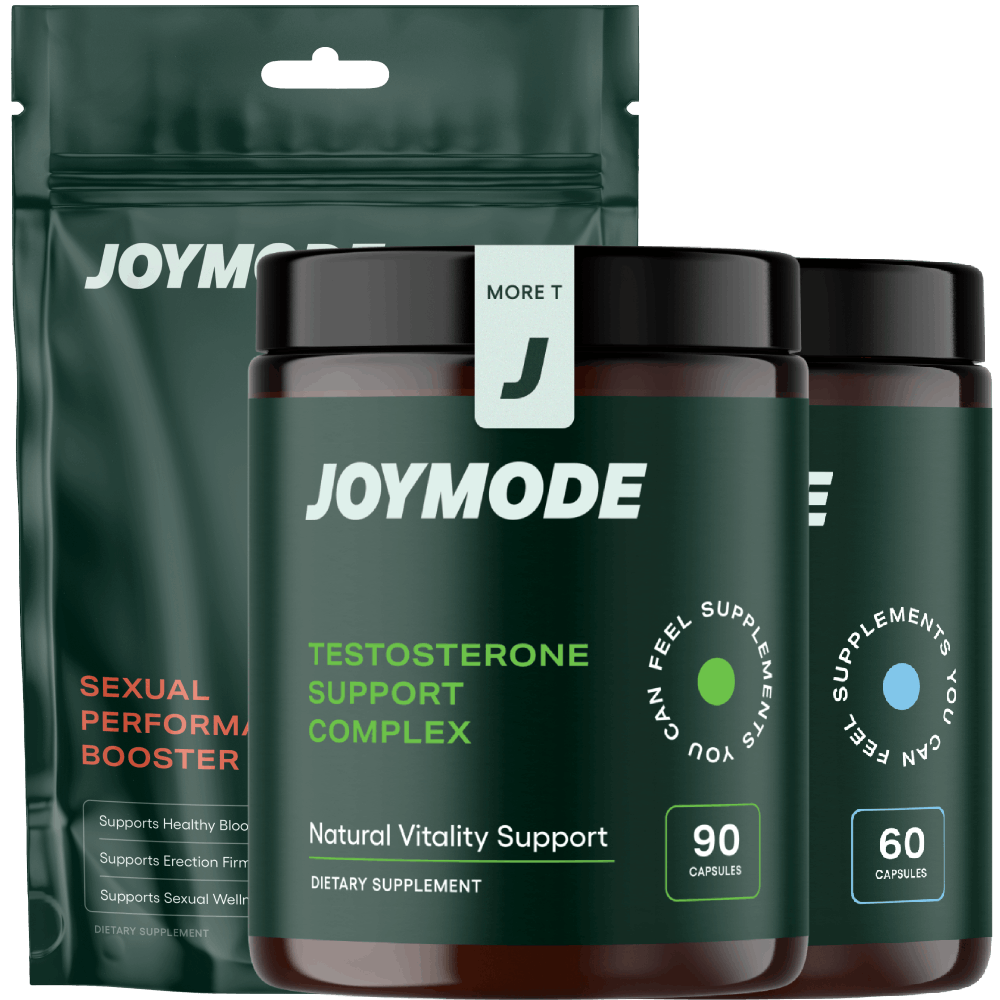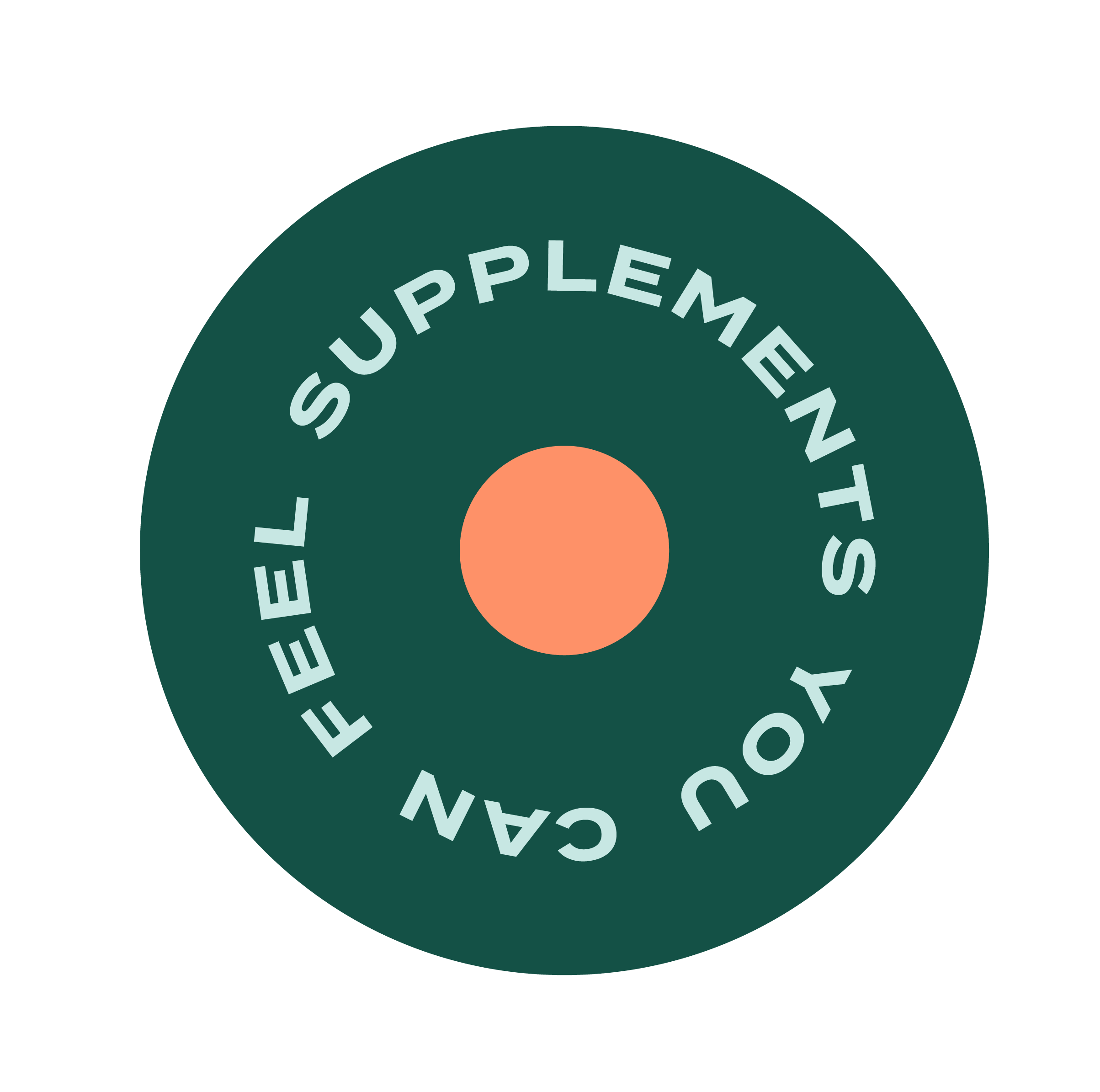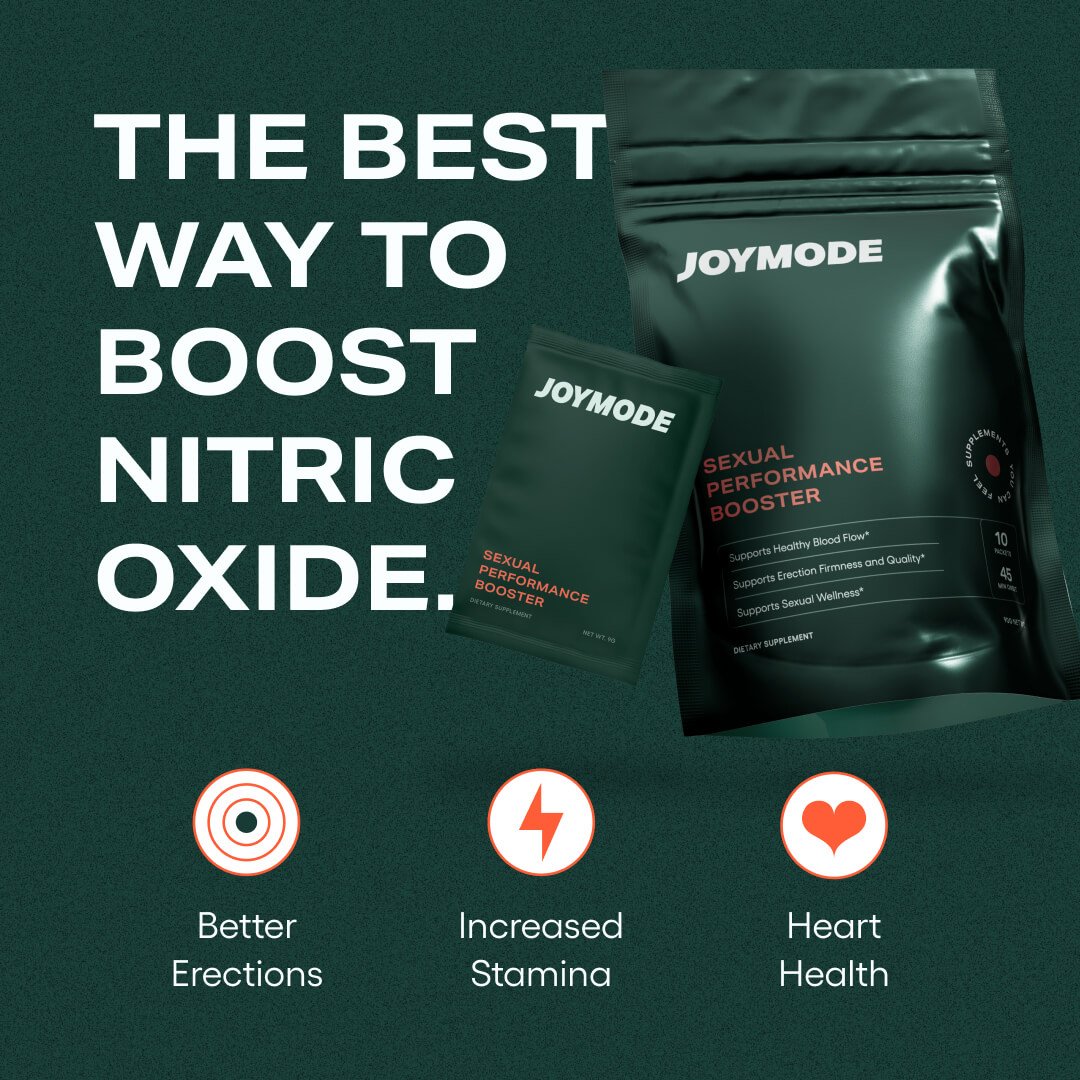Table of Contents
In the world of sports and fitness, athletes are always searching for safe and effective ways to enhance their performance, endurance, and recovery. One natural approach gaining attention is boosting nitric oxide levels. Nitric oxide (NO) is a gas naturally produced in the body, and it plays a crucial role in various physiological processes, especially those related to blood flow and circulation. High nitric oxide levels contribute to improved stamina, faster recovery, and even muscle growth.
In this article, we'll explore the benefits of boosting nitric oxide for athletic performance, explain the role of the amino acids L-arginine and L-citrulline in supporting nitric oxide production, and provide five key ways nitric oxide enhances athletic performance.
What is Nitric Oxide?
Nitric oxide is a molecule that acts as a vasodilator, meaning it helps widen blood vessels, allowing for increased blood flow. This is especially beneficial during physical activities, as improved blood flow allows more oxygen, nutrients, and essential compounds to reach muscles more quickly and efficiently. Not only does this support performance during physical activity, but it also aids in recovery afterward.
The Role of L-Arginine and L-Citrulline in Boosting Nitric Oxide
Two amino acids—L-arginine and L-citrulline—are often associated with nitric oxide production. Let’s take a look at how they function to boost nitric oxide levels:
L-Arginine
L-arginine is an amino acid that serves as a direct precursor to nitric oxide. When consumed, L-arginine is converted by the enzyme nitric oxide synthase (NOS) into nitric oxide, which helps increase blood flow. For athletes, consuming L-arginine as a supplement can support this process, especially during intense workouts or endurance activities. However, L-arginine's effectiveness can vary among individuals due to differences in how it's absorbed and metabolized in the body.
L-Citrulline
Unlike L-arginine, L-citrulline doesn’t directly produce nitric oxide but instead converts into L-arginine after being absorbed. This secondary pathway often results in a more sustained and stable increase in nitric oxide levels compared to taking L-arginine alone. Research has shown that L-citrulline supplementation can be effective in maintaining elevated levels of nitric oxide for a longer duration, making it an attractive option for athletes looking for sustained support throughout longer workouts.
In combination, L-arginine and L-citrulline can create a powerful synergy that supports nitric oxide production, leading to significant athletic benefits.
5 Ways Boosting Nitric Oxide Enhances Athletic Performance
Improved Endurance and Stamina
- Boosting nitric oxide levels can greatly enhance an athlete's endurance and stamina. During exercise, muscles require a steady supply of oxygen and nutrients to maintain peak performance. Nitric oxide dilates blood vessels, facilitating greater blood flow to active muscles. This enables athletes to sustain high levels of activity for longer durations, making it ideal for endurance sports such as running, cycling, and swimming.
- Research Example: Studies have shown that athletes who use nitric oxide-boosting supplements report lower perceived exertion and fatigue, allowing them to train harder for longer periods.
Enhanced Muscle Pump and Growth
- For strength-focused athletes like bodybuilders or weightlifters, nitric oxide can promote a phenomenon known as the "muscle pump." This pump effect occurs when increased blood flow fills muscles with oxygen and nutrients, leading to a fuller, more defined appearance.
- Beyond aesthetics, the muscle pump also has physiological benefits. The increased blood flow supports nutrient delivery to muscle tissue, which can enhance protein synthesis and lead to muscle growth. By boosting nitric oxide production, athletes can maximize their workout effectiveness and support greater gains in muscle mass and strength over time.
Faster Recovery and Reduced Muscle Soreness
- One of the biggest challenges for athletes is muscle soreness and recovery time after intense workouts. Nitric oxide plays a key role in muscle recovery by increasing blood flow to damaged tissues, which helps clear out waste products like lactic acid and deliver vital nutrients that aid in repair and regeneration.
- Research Example: Studies have found that nitric oxide supplements, including those containing L-citrulline, can help reduce muscle soreness after intense exercise, enabling athletes to bounce back more quickly and resume training sooner. This is particularly beneficial for those training multiple times a week or preparing for competitions.
Better Focus and Mental Clarity
- Athletic performance isn’t only about physical strength and endurance; mental focus and clarity are also essential. Nitric oxide can help by increasing blood flow to the brain, which enhances cognitive functions such as focus, memory, and reaction time.
- Athletes who engage in sports that require quick decision-making, precision, or coordination, such as tennis, basketball, or martial arts, can benefit from this boost in mental sharpness. Better focus can lead to improved game-time decisions, increased accuracy, and a greater overall sense of confidence in one’s abilities.
Reduced Fatigue and Enhanced Energy Levels
- Fatigue is a common limiting factor for athletes, but increased nitric oxide production can help delay its onset. By enhancing the efficiency of the cardiovascular system and improving oxygen delivery to muscles, nitric oxide helps the body produce energy more efficiently, which keeps athletes energized for longer periods.
- When athletes consume L-citrulline or L-arginine to boost nitric oxide, they often experience a delay in fatigue onset, allowing for prolonged high-intensity training. Additionally, with enhanced oxygen utilization, athletes can maintain optimal performance levels without exhausting their energy reserves prematurely.
How to Safely Boost Nitric Oxide Levels for Athletes
Athletes interested in boosting nitric oxide levels have a variety of methods available, including dietary changes, supplements, and lifestyle modifications.
Incorporate Nitric Oxide-Boosting Foods
- Several foods naturally boost nitric oxide levels, including beets, leafy greens (like spinach and arugula), watermelon, pomegranate, and nuts. These foods contain nitrates, antioxidants, and amino acids that stimulate nitric oxide production. By incorporating these into their diet, athletes can support healthy nitric oxide levels without supplements.
Use L-Arginine and L-Citrulline Supplements
- L-arginine and L-citrulline supplements are widely available in powder, capsule, and tablet forms. For best results, athletes should look for reputable brands and follow recommended dosages. Some athletes prefer L-citrulline over L-arginine due to its longer-lasting effects and better absorption.
Stay Active and Exercise Regularly
- Exercise itself is a natural nitric oxide booster. Physical activity encourages the body to produce more nitric oxide, improving circulation and blood vessel health. Regular training sessions support a natural baseline of nitric oxide, which can then be enhanced through dietary or supplementary means.
Manage Stress and Sleep Well
- High stress and poor sleep can reduce nitric oxide production. Managing stress through relaxation techniques and ensuring a full night’s sleep allow the body to maintain its natural nitric oxide production, contributing to better athletic performance overall.
Stay Hydrated
- Hydration is essential for nitric oxide production, as dehydration can limit blood flow and reduce nitric oxide availability. Athletes should ensure they are consuming enough water daily to support optimal cardiovascular and muscular function.
Conclusion
Boosting nitric oxide levels offers several powerful benefits for athletes looking to enhance their performance. By supporting better blood flow, faster recovery, increased endurance, and even mental clarity, nitric oxide can help athletes push their limits and reach new levels of fitness. The amino acids L-arginine and L-citrulline are valuable allies in this process, providing a reliable way to enhance nitric oxide production safely and naturally. Whether through dietary choices, supplementation, or consistent exercise, athletes have multiple pathways to support nitric oxide levels, ultimately helping them perform at their best.
FAQs
Q1: Is it safe to take L-arginine and L-citrulline daily?
- Yes, L-arginine and L-citrulline are generally safe for daily use when taken in recommended dosages. However, athletes should consult a healthcare provider to determine what’s right for them.
Q2: Can nitric oxide help with endurance sports specifically?
- Absolutely. Nitric oxide improves blood flow and oxygen delivery, which is especially beneficial for endurance activities like running, cycling, and swimming.
Q3: What foods can naturally boost nitric oxide levels?
- Beets, leafy greens, watermelon, and nuts are excellent choices for naturally supporting nitric oxide production.
Q4: How long does it take for nitric oxide supplements to work?
- Some athletes notice an improvement in performance within 30-60 minutes of taking nitric oxide-boosting supplements, especially if taken before a workout.
Q5: Can nitric oxide improve focus and mental clarity?
- Yes, by increasing blood flow to the brain, nitric oxide can enhance mental clarity, focus, and reaction times, which are crucial for performance in competitive sports.
